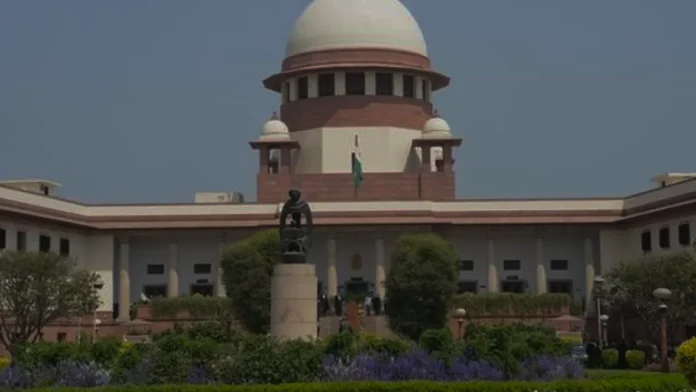India’s Supreme Court has made a significant ruling regarding electoral bonds, a clandestine source of funding for political parties, particularly the ruling Bharatiya Janata Party (BJP). The court’s decision, which declared electoral bonds illegal, is poised to influence the dynamics of the world’s largest election.
The Verdict: Electoral Bonds Banned
In response to an ongoing petition advocating for the abolishment of electoral bonds, India’s Supreme Court has delivered its verdict, outlawing these instruments of political financing. Electoral bonds, introduced by Prime Minister Narendra Modi’s government in 2018, have long been under scrutiny. The top court, in a previous statement, highlighted concerns about the lack of transparency surrounding electoral bonds, suggesting they could be exploited for illicit purposes like money laundering.
The Impact on India’s Elections
The court’s decision holds significant implications for India’s forthcoming general elections, scheduled between March and May. It raises crucial questions about the role of untraceable money in elections and which parties possess the financial means to exert influence in the political arena.
Understanding Electoral Bonds
Electoral bonds function as “bearer” instruments akin to currency notes. Available in various denominations, these bonds can be purchased from the State Bank of India and anonymously donated to political parties. Despite regulations mandating disclosure of donors contributing more than a certain threshold in cash, the anonymity of electoral bond donors remains intact, regardless of the donation amount.
Criticism and Controversy Surrounding Electoral Bonds
Critics have decried electoral bonds as undemocratic, citing their potential to facilitate legalised corruption and skew the electoral playing field. The anonymity afforded by electoral bonds, coupled with the elimination of previous transparency measures in political funding, has raised concerns about the integrity of India’s electoral process.
Benefiting the BJP
Data from the Election Commission of India reveal that the BJP has been the primary beneficiary of electoral bond donations, receiving a substantial majority of contributions compared to other political parties. Critics argue that the BJP’s significant financial advantage, facilitated by electoral bonds, has tilted the electoral landscape in its favor, compromising the fairness of elections.
Legal Challenges and Ongoing Debate
Civil society organizations, including the Association for Democratic Reforms and Common Cause, along with political entities like the Communist Party of India (Marxist), have challenged the legality of electoral bonds in the Supreme Court. Despite the court’s acknowledgment of the deficiencies inherent in the electoral bond system, widespread sales of these bonds persist, fueling political campaigns as the country gears up for general elections.
The Verdict’s Implications
India’s Supreme Court ruling against electoral bonds marks a significant development in the country’s electoral landscape. By curbing the influence of untraceable donations, the decision aims to uphold the transparency and fairness essential to democratic elections.
The ban on electoral bonds underscores the ongoing debate surrounding political financing in India and highlights the critical need for transparent and accountable mechanisms to uphold the integrity of democratic processes. As the country prepares for its next general elections, the ramifications of this decision are poised to reverberate throughout India’s political sphere.
